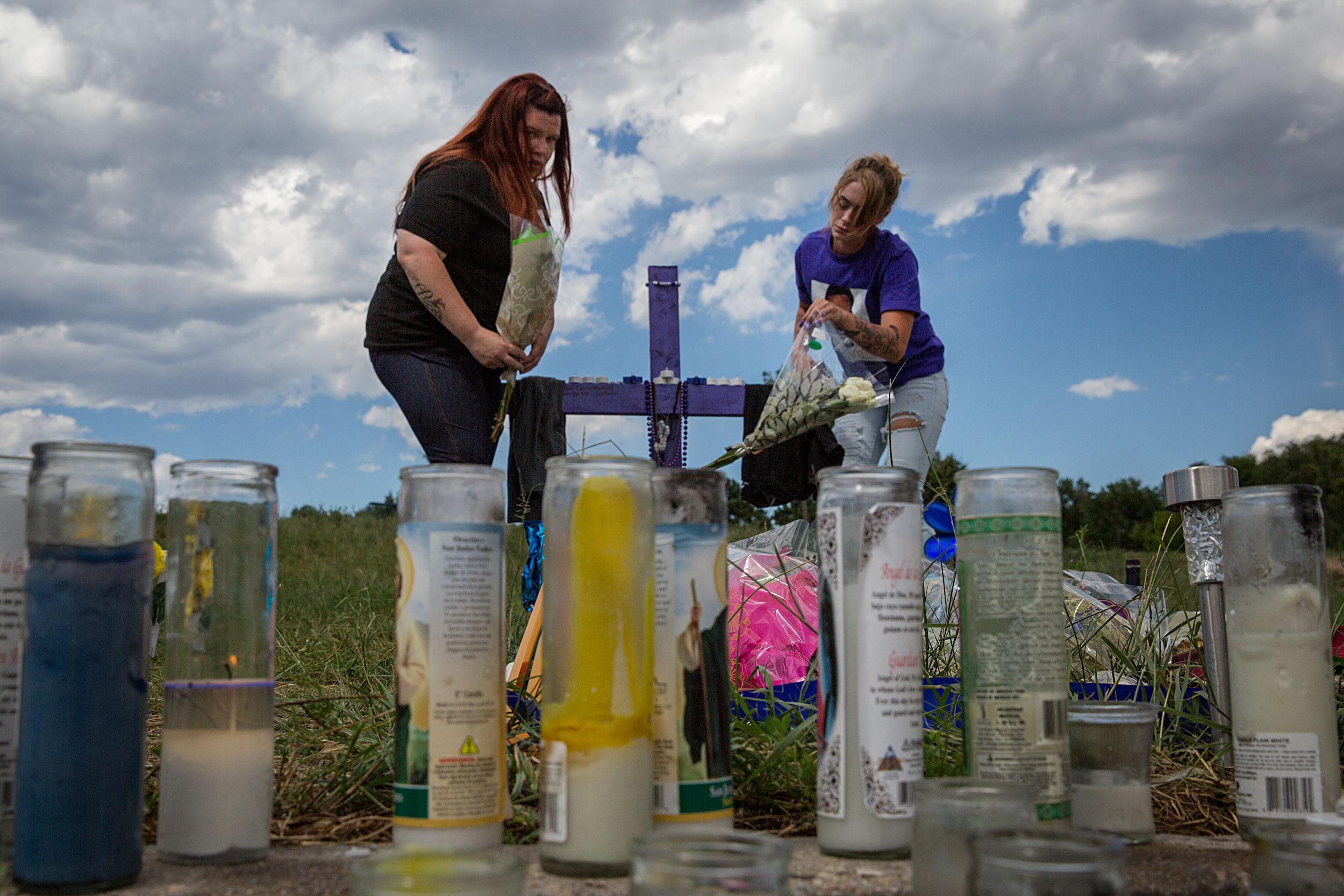
The city of Colorado Springs says it will pay about $3 million to settle a lawsuit brought by the family of De’Von Bailey, a Black man who was shot and killed by Colorado Springs police in 2019.
In addition to the $2.975 million the city will pay, it has also agreed to several reforms in the police department, according to a release from the lawyers of the Bailey family. The city will now provide training on use of force, as well as annual anti-bias training. It will also, “maintain an early intervention program” to identify officers who need assistance or training, particularly those who have used force or are the subject of an internal affairs investigation.
The settlement also secures funding for the United Way Give Campaign and requires the department “provide communication regarding the Good Neighbor Next Door Program available through the United States Department of Housing and Urban Development.”
Finally, the settlement requires the department to retain officer personnel files for the duration of their employment.
“There is no amount of money that will bring him back. He was running away, and they shot him in the back like an animal,” said Greg Bailey, De’Von’s father, in a statement Tuesday.
“My heart is broken at the loss of my son, but I am hopeful that the changes in the Colorado Springs Police Department will prevent another family from losing a child,” said De’Von’s mother, Delisha Searcy, in the statement.
In November 2019, an El Paso County grand jury declined to charge the two officers — Sgt. Alan Van't Land and Officer Blake Evenson — in the death. In March 2020, the FBI concluded that Bailey’s death was not a result of a violation of his constitutional rights. The Bailey family followed those decisions by filing a federal civil rights lawsuit against the two officers and the City of Colorado Springs.
Colorado Springs Mayor John Suthers said in a statement Tuesday that the city’s insurer urged Colorado Springs to settle the lawsuit rather than take it to a trial because of the likely high cost involved in defending itself and potential costs to taxpayers and the officers.
“Pursuant to the terms of the insurance contract, the excess carrier took the position that if the City did not agree to settle the matter for $2.975 million, any verdict above that amount would be the liability of the taxpayers or the police officers themselves,” he said.
Bailey’s death, and the deaths of other Black men across the United States at the hands of police, sparked a series of protests in 2019 and 2020. Colorado Springs created a police accountability commission after Bailey’s death, and Gov. Jared Polis signed a law reforming when and how law enforcement can use deadly force. The law also makes it easier for people to sue officers, and requires with a badge to wear a body camera when interacting with the public.








